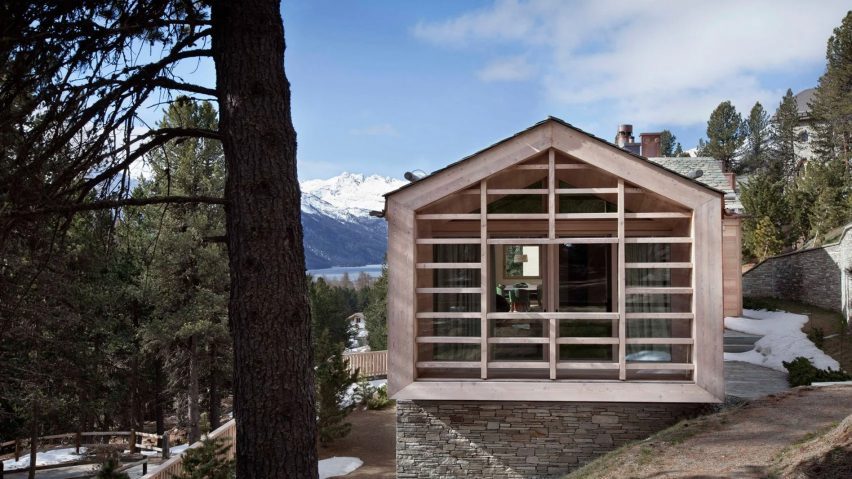
Five interviews that address the evolution of recruitment
To mark 15 years of Dezeen Jobs, we explored how recruitment has adapted and responded to the ever-changing architecture and design industry.
In our final instalment of the Dezeen Jobs: How We Recruit series, we look at attitudes towards technology advances, new skill sets and environmental challenges that affect the global workforce.
The final roundup features highlights from our conversations with lead architecture designer at Burberry, Ben Ayres; managing director at Snøhetta Design, Hedda Foss Lilleng; principal partner at MAD Architects, Dang Qun; partner at Matteo Thun, Elisa Vago; and chief people officer at Studio Gang, Claire Cahan.
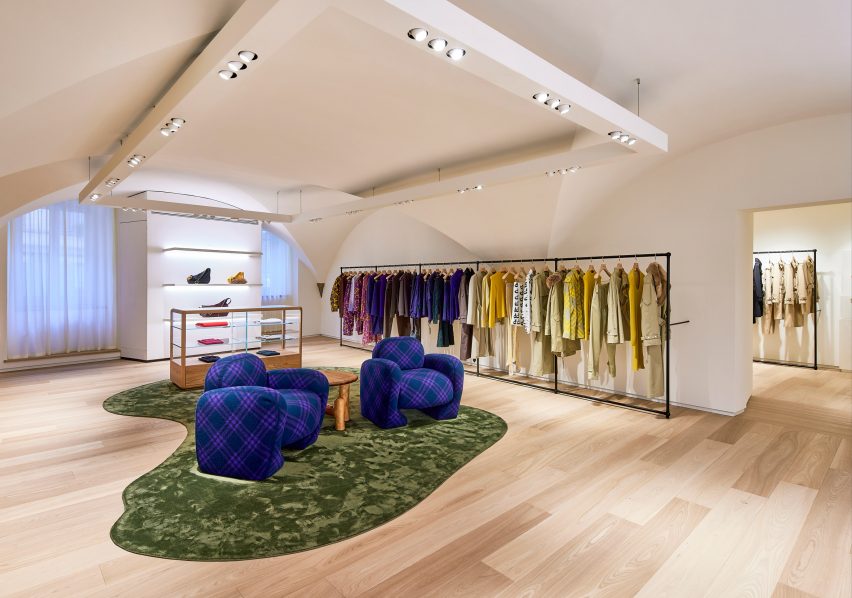
Ben Ayres, lead architecture designer at Burberry
Ayres outlined that despite new technologies constantly being introduced to the architecture field, traditional skill sets are still sought after at Burberry.
Ayres noted that there are no particular skill sets that are deemed undesirable and that the candidate's unique qualities are what the company focuses on.
"Some might argue that practical skill sets like being proficient at sketching your ideas are no longer as important, as you can do so much digitally now, but I think that being able to sketch your designs is a huge asset," said Ayres. "Ultimately, it comes down to how that person works best."
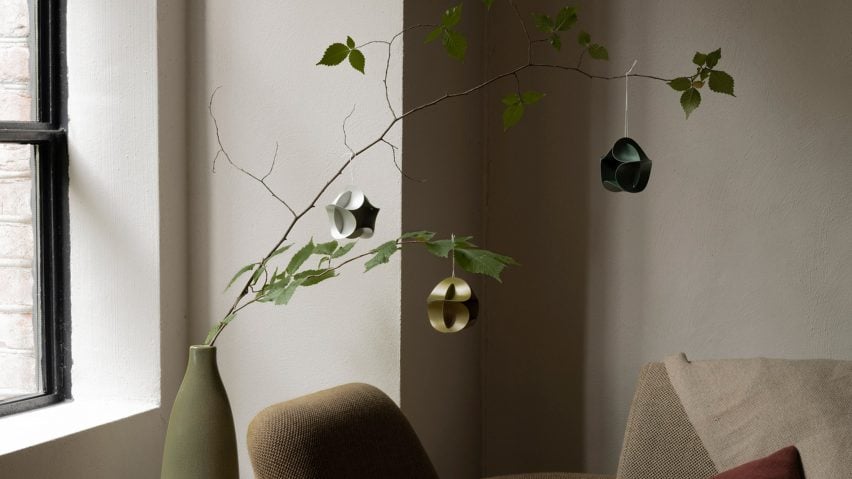
Hedda Foss Lilleng, managing director at Snøhetta Design
Snohetta Design's Lilleng explained that outside of the architecture and design industries, worldwide and environmental changes have a huge impact on the qualities expected from potential employees.
Due to global crises, employees must be able to handle challenges in and outside of the workplace.
"As a baseline, they need to be excellent designers," said Lilleng. "But because of the changing world, the energy crisis, the health crisis, and the environmental crisis, we're increasingly looking for people who are resilient."
"By resilient I don't mean tough or hard-working, I mean people who are in contact with themselves," she continued.
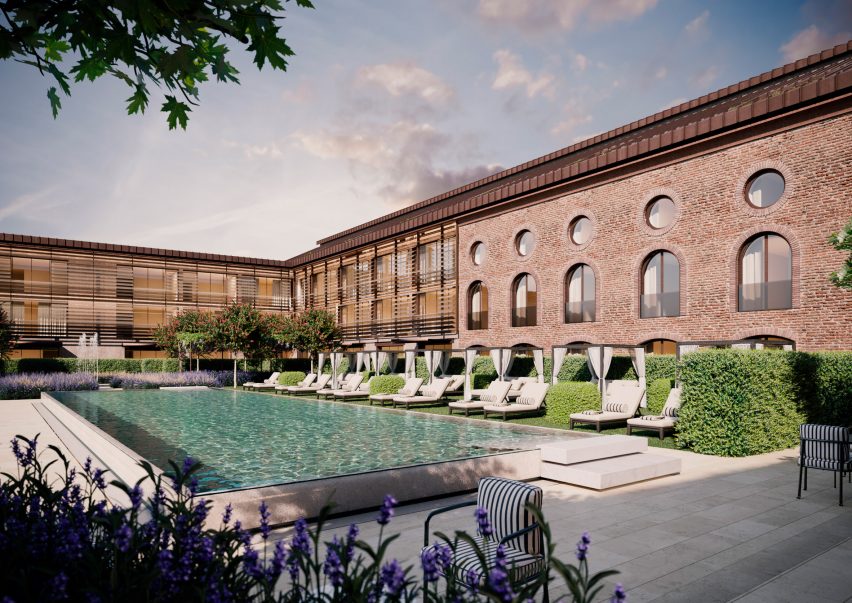
Elisa Vago, partner at Matteo Thun
At Matteo Thun, the studio not only focuses on skills that can be directly applied to design and creating but also working within changing environments.
Vago stated that employees are "expected to demonstrate flexibility" and highlighted the importance of being able to work within a team.
"Skills evolve and are destined to quickly transform in the coming years," she added. "The ability to learn rapidly and adapt to diverse working environments becomes crucial, as does the capacity to work both collaboratively in a team, even remotely, and independently."
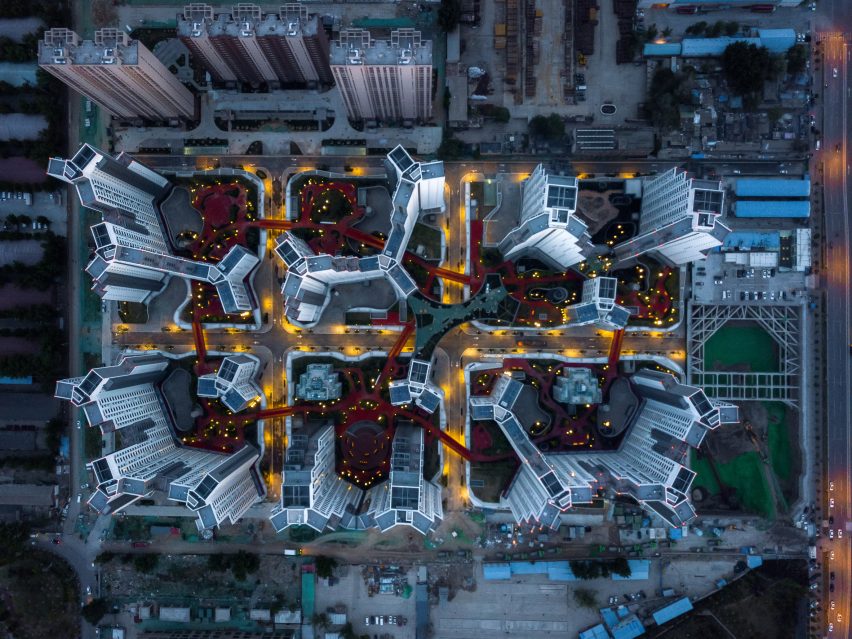
Dang Qun, principal partner at MAD Architects
Qun conveyed the difference in new hires at MAD compared to 10 years ago, noting that as technology advances in architecture, younger generations have more versatile skill sets than ever before.
"As we're hiring young people, who recently graduated from university, a lot of them already know the required computer skills that senior architects wouldn't have known 10 years ago," said Qun.
According to Qun, graduates have already learnt advanced skills at university and are often already able to outline the design process for a "complex building" without needing training.
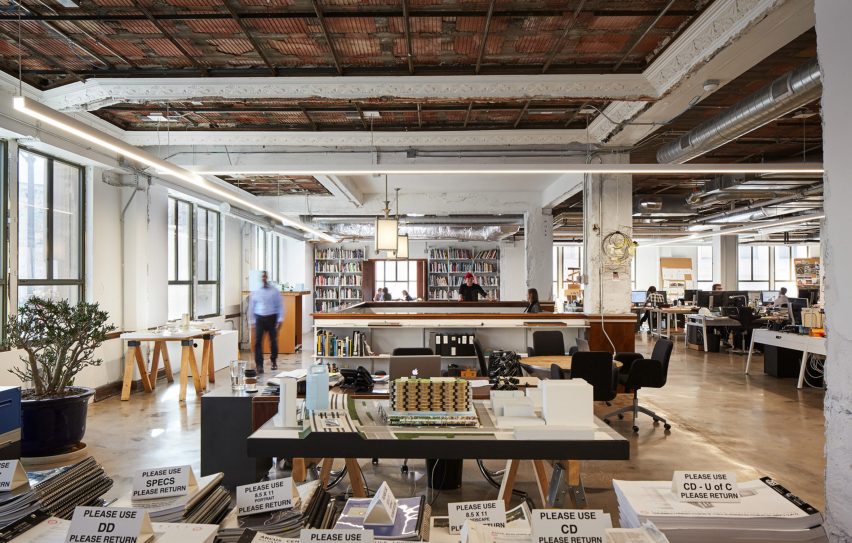
Claire Cahan, chief people officer at Studio Gang
In Cahan's interview, she explained how over time the hiring team has grown to be more representative of the architecture practice, as well as investing in a "more robust hiring pipeline for students and young people".
"We've expanded our hiring team to include designers, architects, and administrative staff across all levels of the studio," said Cahan.
"This group intentionally reflects the geographic, gender and racial diversity of the studio, and the members come from different backgrounds, communities and educational and career paths."
Dezeen Jobs: How We Recruit
This article is part of Dezeen Jobs: How We Recruit, a series of interviews to mark Dezeen Jobs turning 15, which explores changing hiring practices and future recruitment needs for companies around the world.